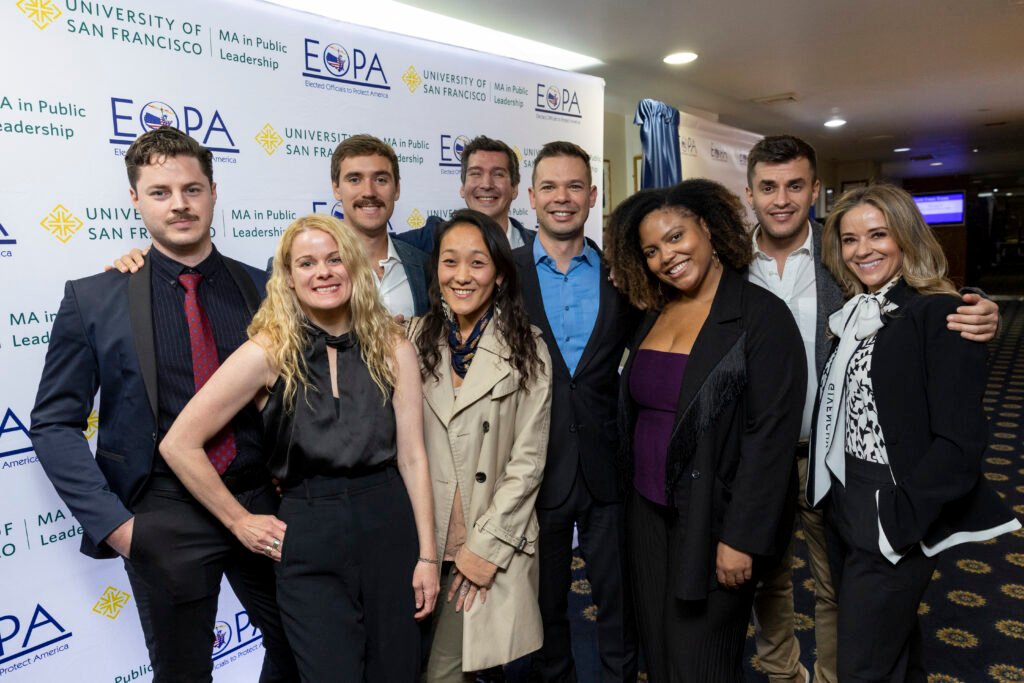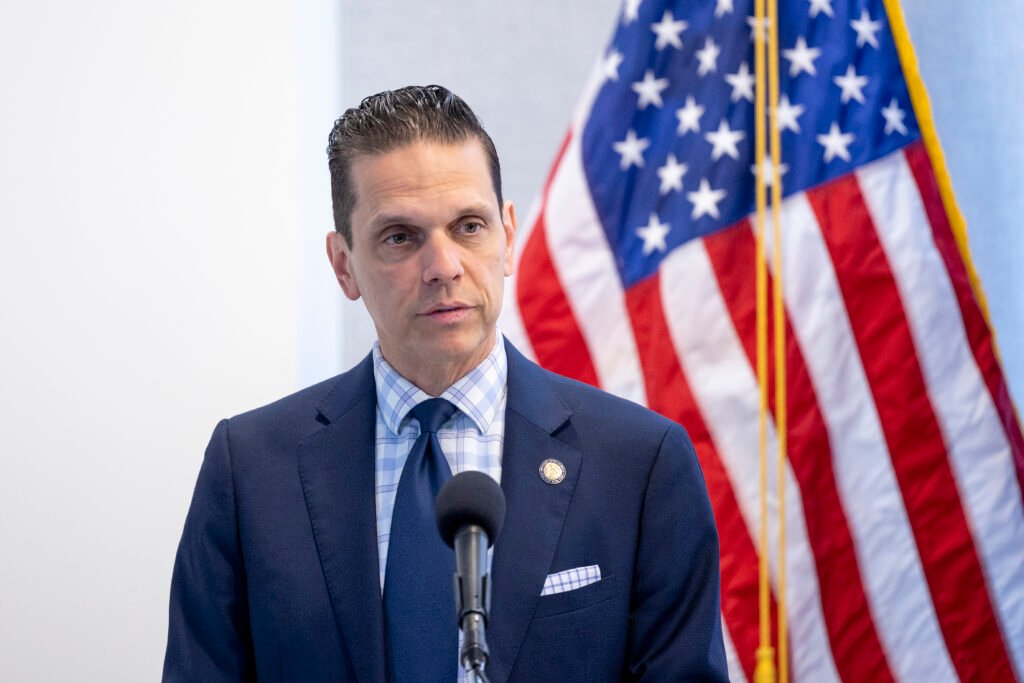

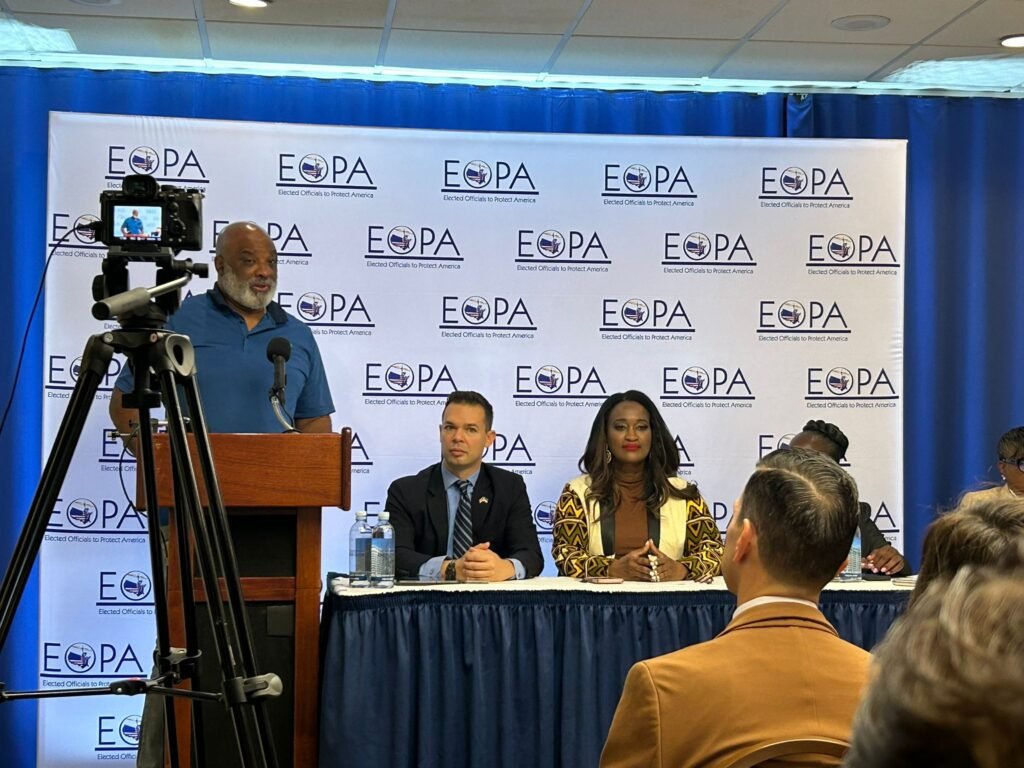
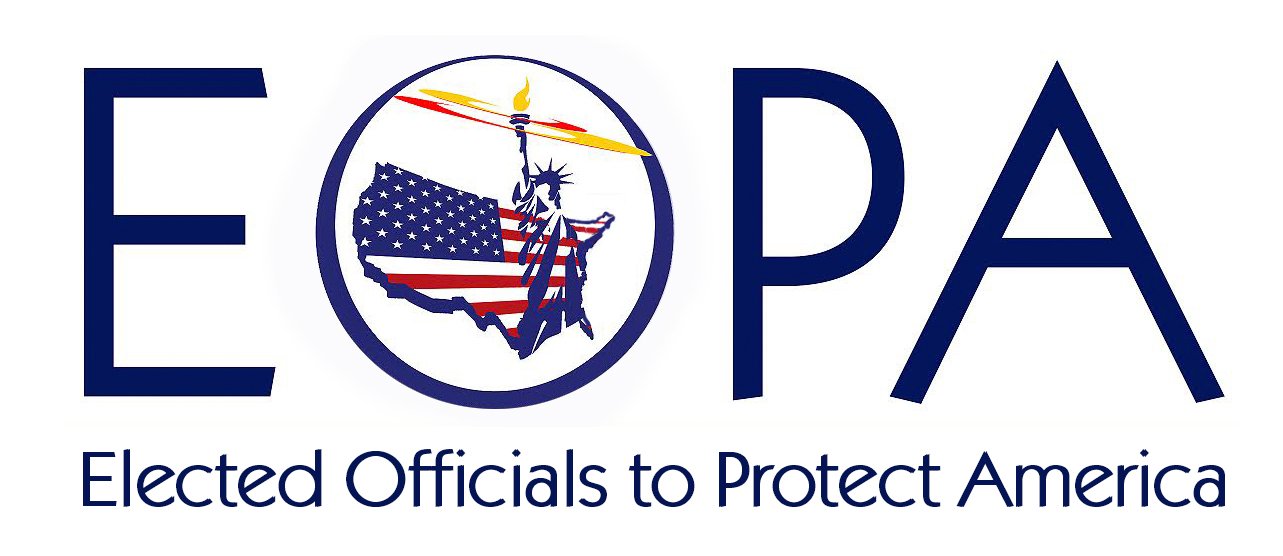
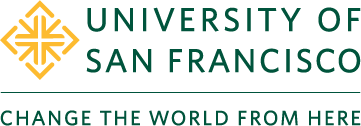
Public Leadership Certificate
Educate. Inspire. Lead.
Please submit your application to be among the first notified and considered when dates are announced for our next cohort.
University of San Francisco
Lead Professor: Alex Cornell du Houx
Instructor Contact: amcornellduhoux@usfca.edu, 207-319-4511
Office Hours: Wednesdays at 09:00 a.m. Pacific or by appointment
IN-PERSON
A weekend at our campus in Washington, District of Columbia
ONLINE
Tuesdays for six weeks at 2 pm Eastern or at a chosen time agreed upon by the Cohort.
CERTIFICATE OVERVIEW
The EOPA and University of San Francisco (USF) Certificate in Public Leadership program is designed for a diverse set of current, aspiring, and former public and private leaders at tribal, municipal, county, state, and federal levels. Eligible participants include folks passionate about service including staff of elected officials, appointed officials, corporate and small business leaders, and veterans and military families from across the globe.
Major themes include modules in emotional intelligence and public leadership, value-based communications, body language, public speaking, empathy-based fundraising, public policy procedures, military and veteran engagement, disinformation and cyber security, and climate change policy solutions.
This seven-week program brings participants together at the University of San Francisco or at their Washington DC campus for 2.5 days of experiential learning followed by online instruction for 1.5-2 hours each week for six weeks. At the request of participants, we have also provided additional optional modules.
Participants choose a policy objective that impacts their communities. They will incorporate the skills learned during each week and during the final module, participants present a plan for fellow lawmakers and community leaders to critique and evaluate. A $10,000 prize will be awarded to the best proposal(s) to support implementation.
On-campus modules will include:
- Emotional Intelligence and Public Leadership
- Value-Based Communications
- Public Speaking and Body Language for Leaders
Online modules will include:
- Speaking and Marketing Your Message
- Empathy Based Fundraising
- Body Language for Public Leadership
- Climate Crisis Urgency and Solutions
- Military 101
- Disinformation and Cyber Security
- Capstone Policy Presentations
Guest instructors will include highly-qualified field experts and elected officials who have successfully passed significant legislation. This program will coordinate closely with the Master of Arts in Public Leadership to include joint networking events and guest lectures.
CERTIFICATE MODULES
ON CAMPUS
Emotional Intelligence and Public Leadership: Harvard Business Review compiled over 300 studies and found EQ is the single most important factor in career and personal success. The course will increase students’ ability to empathize with others, to listen accurately, to communicate authentically, and create a legislative/campaign/office environment that maximizes team performance and creativity. Part one focuses on individual skill-sets and recognizing patterns of behavior. Part two focuses on using EQ to build connections and productivity in their staff and caucus. Part three focuses on bringing EQ skill sets into their team’s goals and mission.
Value-Based Communications: In a media environment where we receive five times more information every day than just five years ago, distinguishing oneself from the crowd to make a lasting impact is essential to an organization or campaign. This module will focus on how we communicate through framing, targeting, and implementing a media campaign that connects through stories that create emotion to create action. Through experiential learning, students will create their narrative and apply it to real-life events.
Public Speaking for Leaders: Students will gain tools to deliver effective and impactful speeches, interviews, debates, and video performances both in-person and online. Based on social science and highly experiential, students will learn the importance of eye contact, pauses, structure, body language, public reading, and advanced techniques to engage and motivate their audience.
ONLINE
Speaking and Marketing Your Message with Rep. Paul Evans: Students will implement the lessons introduced in Value-Based Communications to create a communications strategy that utilizes a range of media such as digital and broadcast advertising, op-eds, social media, and film.
Empathy-Based Fundraising with Fmr. Rep. Alex Cornell du Houx: This module introduces students to the elements of fundraising for nonprofits, advocacy programs, and political campaigns. We then expand to advanced fundraising tactics to connect through values and build empathy with the funder. Students will understand what makes a compelling fundraising ask and evaluate the most effective fundraising tactics.
Body Language for Public Leadership with Forensic Psychologist Iryna Andrukh: Body language is a vital part of negotiating and campaigning that is often overlooked but can account for over 55 percent of the message we are conveying. Students will learn the latest non-verbal communication tactics to enhance their communication and leadership skills.
Climate Crisis Urgency and Solutions with Impact Investor Stephan Nicoleau: Students will leave with a clear understanding of climate science and the impact of climate change on frontline communities. We will follow the history of energy development and the policy decisions that created the environment we live in today. Additionally, we will highlight innovative proven climate policies that can be replicated across the U.S.
Military 101 with Representative Eric Brine: Students will be introduced to the mythology, organization, and culture of the military so candidates can connect and work productively with a segment of the population that Pew and Gallup found are the most credible messengers after Doctors and Nurses.
Disinformation and Cyber Security with Professor Darren Linvill:
Nearly 70 percent of American adults turn to social media for the bulk of their news, consuming content in their feeds or searching for specific or trending topics. This makes the integrity of social media information critical. Students will learn how Russia and China use digital media to manipulate populations and lawmakers.
Capstone: Students will compile everything they have learned into a presentation that includes a summary of the proposed policy impact, communications plan, engagement plan, and finance plan. A $10,000 prize is awarded to the best policy solution.
TUITION
Upon selection, full scholarships, including travel and lodging, are offered or if you have the resources tuition is $2,500 or $1,500 with a partial scholarship. August 8-10, 2025 Cohort is now open!
